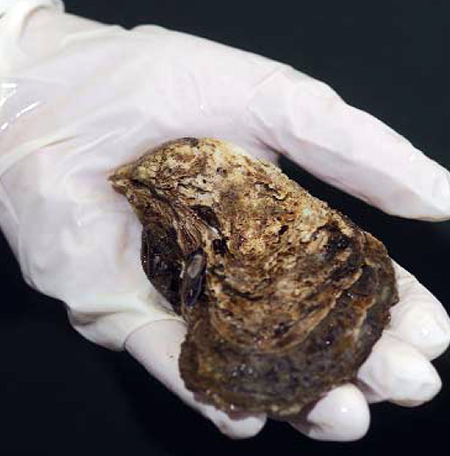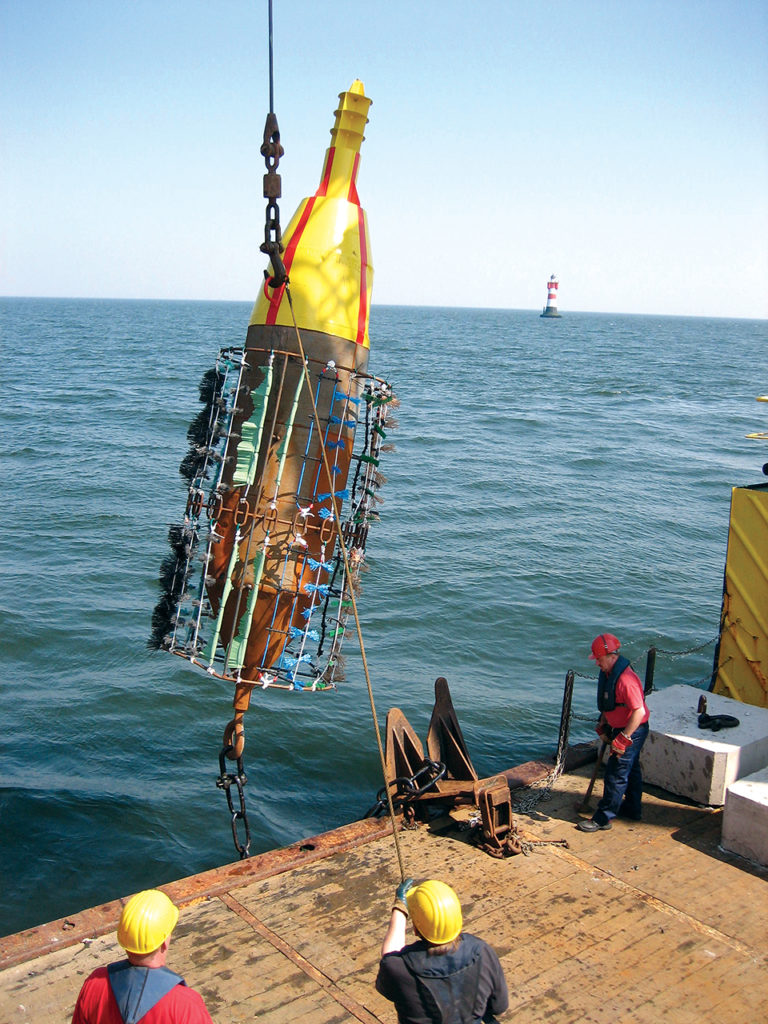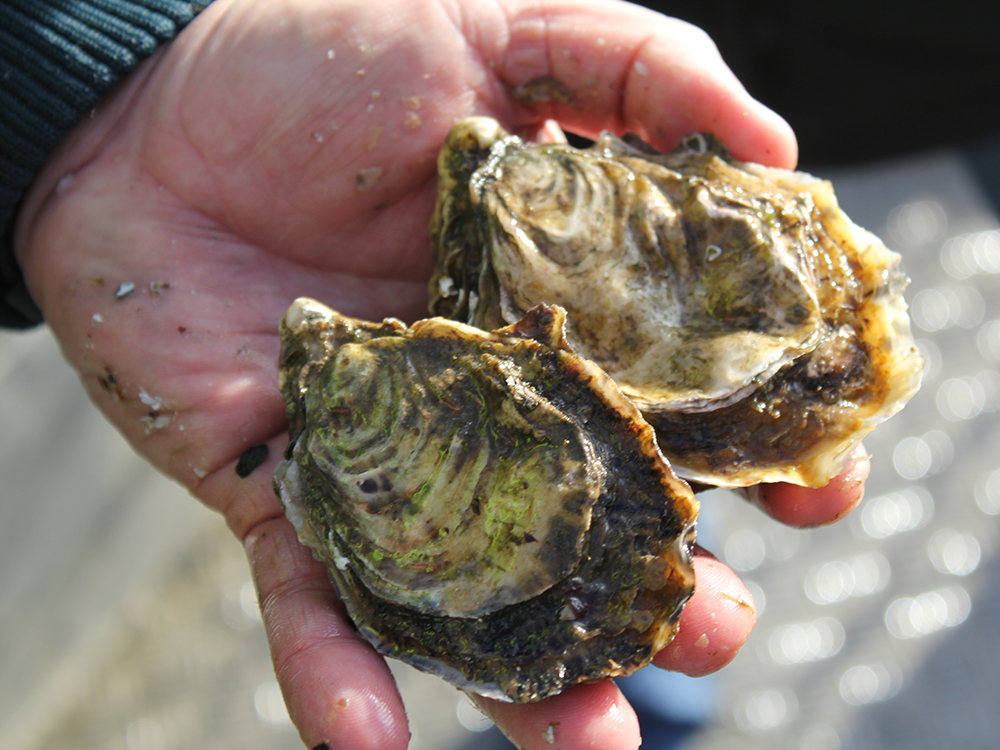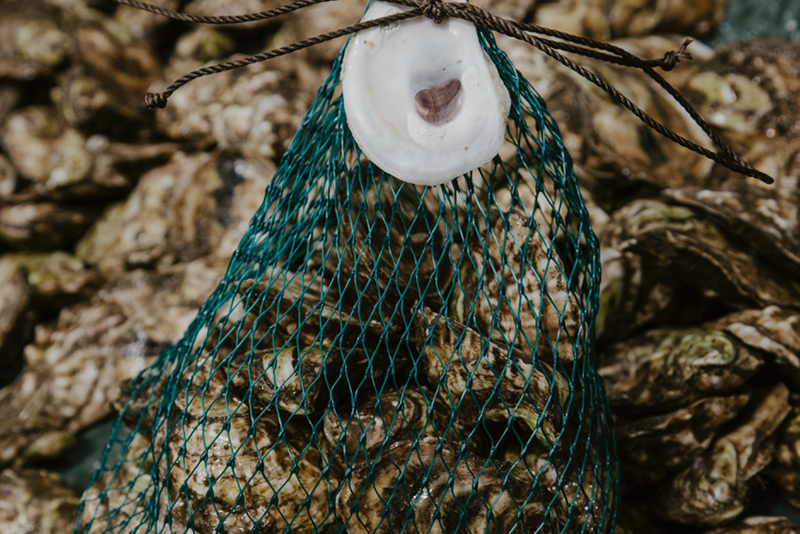University of Edinburgh’s Roslin Institute will build a validated testing system for Bonamia ostreae

Researchers in Scotland are developing a method to rapidly detect the presence of a range of diseases and biofouling species affecting shellfish production.
With roughly £200,000 from the Seafood Innovation Fund and the Sustainable Aquaculture Innovation Centre (SAIC), the University of Edinburgh’s Roslin Institute will, over a 15-month period, build a validated polymerase chain reaction (PCR) system to detect Bonamia ostreae, a common and potentially fatal disease.
Bonamia ostreae is difficult to detect and cannot be eliminated from farm sites once it is established. The researchers believe a rapid, cheap and pre-emptive test will help farmers make more informed decisions to protect their inventory and prevent the spread of the disease.
“Our project will tip the way we currently diagnose diseases that affect oysters on its head – taking a pre-emptive rather than reactive approach,” said Dr. Tim Bean, career track fellow at the Roslin Institute. “We are bringing together the right technology with the right people to solve some of the shellfish sector’s biggest health challenges and potentially make significant improvements to oyster health.”
The system will also detect the oyster herpes virus and Vibrio bacteria, along with biofouling species like tube worms.
“Tube worm casts, while benign in terms of mussel quality, are difficult to remove and can interfere with packaging and presentation. Equally, Scotland has retained a disease-free status for oyster herpes virus, which causes losses of young shellfish,” said Dr. Nick Lake, CEO of the Association of Scottish Shellfish Growers. “With improved detection methods, we would continue to seek to sustain this position, giving us advantages over shellfish production in surrounding countries. The industry is pleased to support this further development of techniques that will support our climate change resilience in the coming years.”
Follow the Advocate on Twitter @GSA_Advocate
Now that you've reached the end of the article ...
… please consider supporting GSA’s mission to advance responsible seafood practices through education, advocacy and third-party assurances. The Advocate aims to document the evolution of responsible seafood practices and share the expansive knowledge of our vast network of contributors.
By becoming a Global Seafood Alliance member, you’re ensuring that all of the pre-competitive work we do through member benefits, resources and events can continue. Individual membership costs just $50 a year.
Not a GSA member? Join us.
Author
-
Responsible Seafood Advocate
[103,114,111,46,100,111,111,102,97,101,115,108,97,98,111,108,103,64,114,111,116,105,100,101]
Tagged With
Related Posts

Intelligence
Concept combines offshore wind farms, mussel cultivation
Blue mussel culture on offshore wind farms may be possible in Germany. Trials showed that North Sea facilities can support mussel cultivation in harsh conditions.

Intelligence
Behold the nutritious oyster
Oysters provide important, natural filtration of water and are an important component of many healthy coastal ecosystems because their active filtering can help improve and maintain water quality. For many coastal communities, oysters are an important food resource and excellent sources of protein and amino acids, zinc, selenium, iron and B-vitamins.

Intelligence
Cup size matters, but for oysters, branding matters more
To name an oyster is to give birth to a brand, essential to stand out in today’s raw bar scene. The briny bite-sized morsels are arguably seafood’s sexiest offerings, but a memorable moniker (and a quality product) is what keeps them on the menu.

Intelligence
They sell shellfish shares by the seashore: A surge of oyster CSAs
During the pandemic, several U.S. shellfish farmers have found much-needed relief through community supported aquaculture programs, or CSAs.


